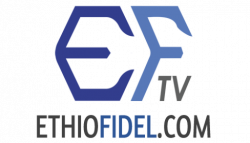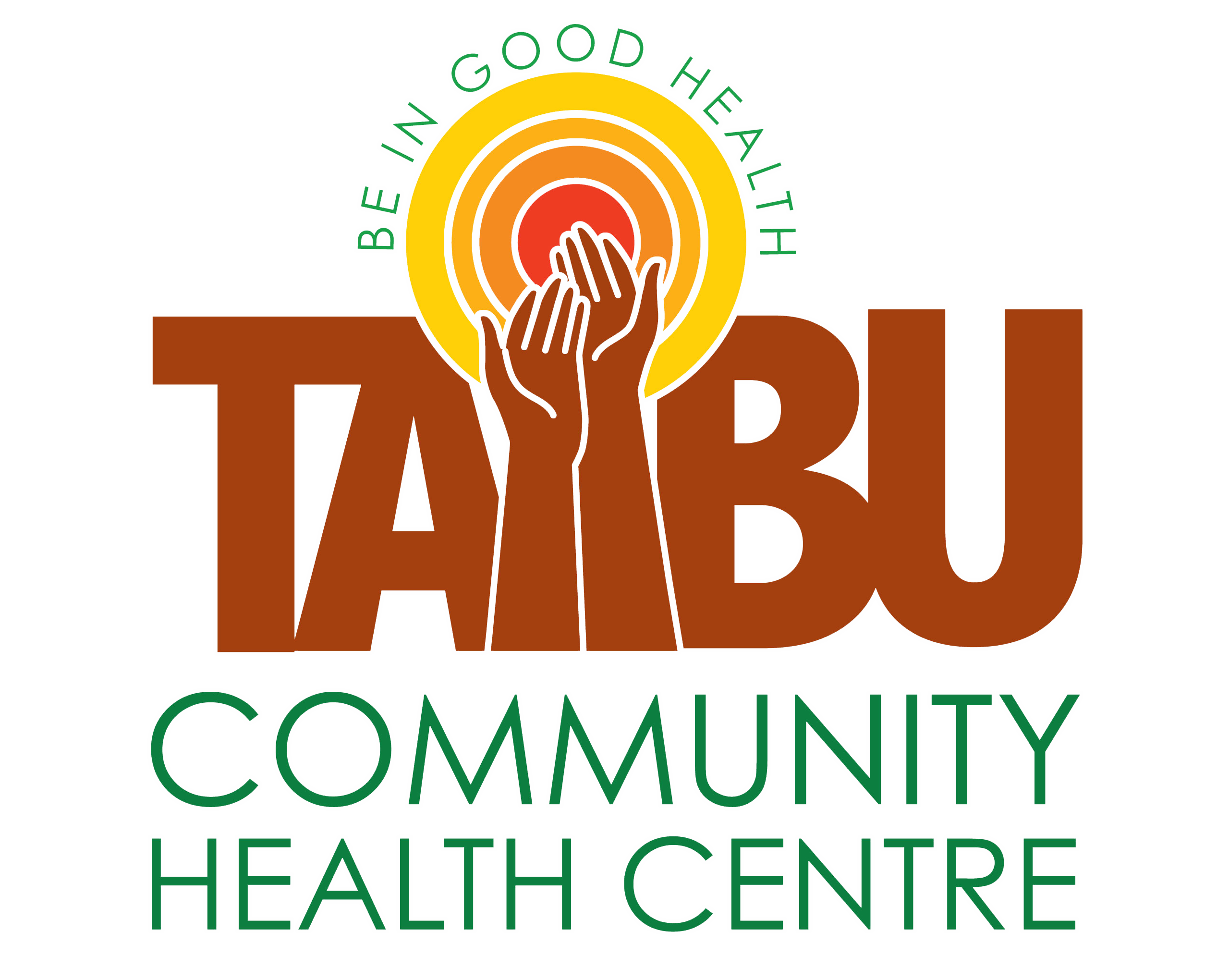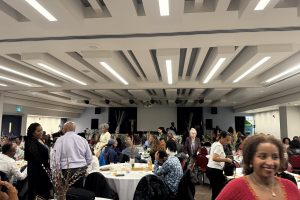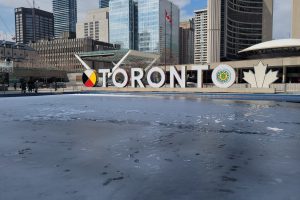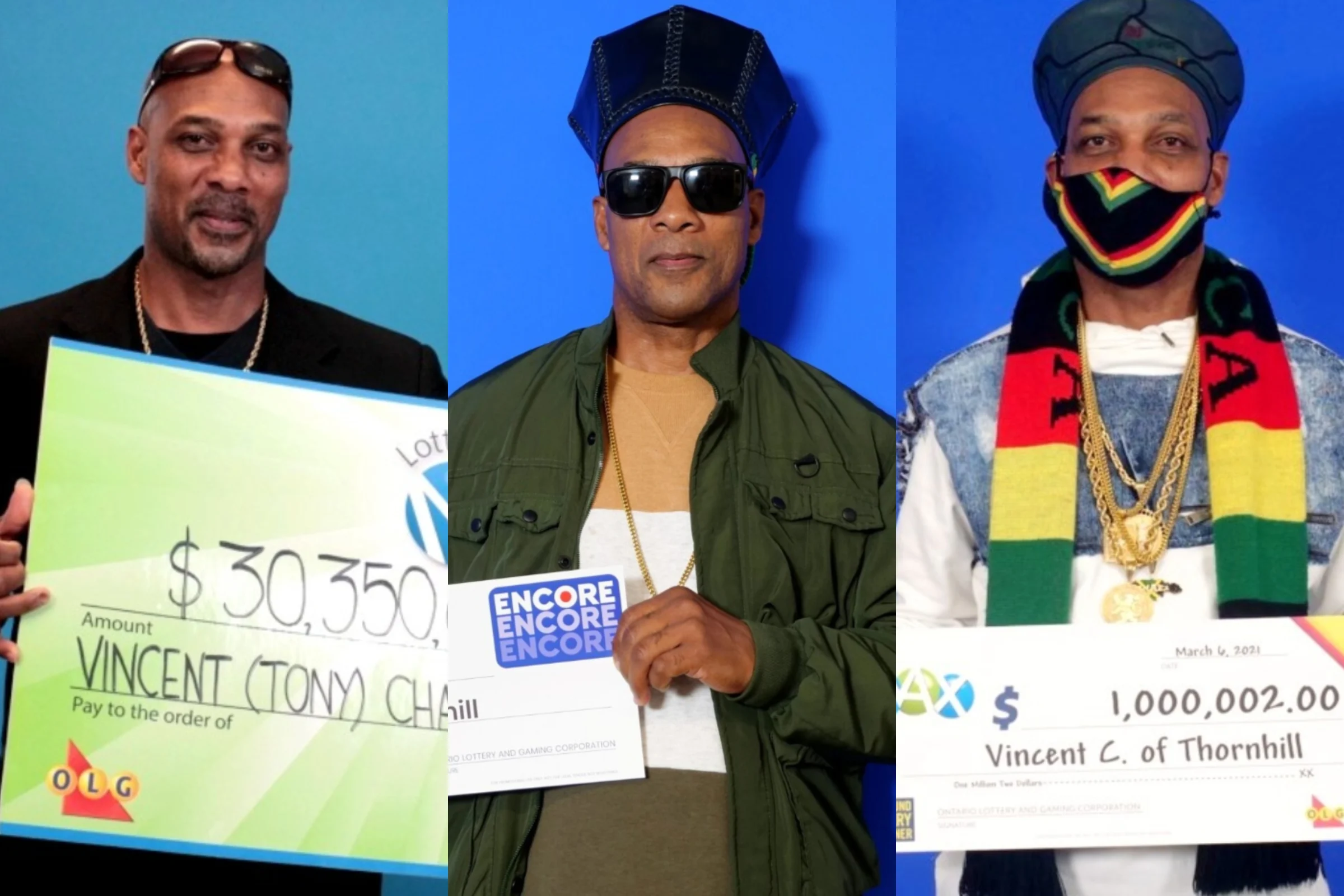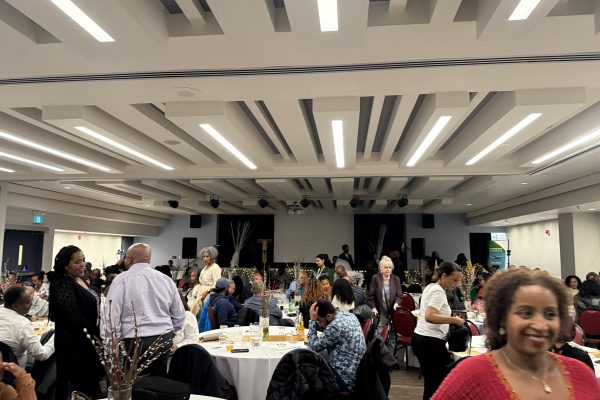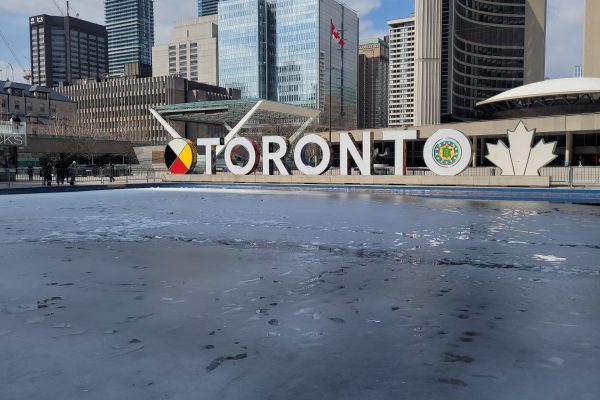City Council unanimously adopted the City of Toronto’s first Reconciliation Action Plan. The Plan will guide the City’s actions from 2022 to 2032 to advance truth, justice and reconciliation, and builds on the City’s existing commitments to Indigenous Peoples through 28 meaningful actions across five themes: actions to restore truth, actions to right relations and share power, actions for justice, actions to make financial reparations and actions for the City’s Indigenous Affairs Office.
The 28 actions outlined in the Plan will contribute to the visibility and overall wellbeing of First Nations, Inuit and Métis Peoples in Toronto through placemaking and placekeeping, supporting economic development and prosperity, increasing civic engagement, honouring Indigenous ways of knowing and being, and recognizing rights to self-determination and self-governance. A key priority for the City will be addressing barriers and colonial practices embedded in its policies, processes and practices, to better serve Indigenous residents in Toronto.
The Reconciliation Action Plan was acknowledged and endorsed by the Aboriginal Affairs Advisory Committee in its meeting on Tuesday, March 8, as a City mechanism to begin the process of reconciliation with Indigenous communities. It was adopted by Executive Committee on Wednesday, March 30.
The Reconciliation Action Plan was developed over three years with input from First Nations, Inuit and Métis community members, organizations, Elders, Knowledge Carriers, youth, and Indigenous employees and allies in the Toronto Public Service. The Plan will be a living document, which will evolve, as needed, to incorporate directives from any future public inquiries or calls for government action from local Indigenous communities and organizations. The City will also continue to collaborate with Indigenous leaders and community members to fulfill the actions within the Plan, ensure transparency and accountability, and improve relationships with Indigenous Peoples.
Several key reports and calls to action informed the Reconciliation Action Plan, including: the Truth and Reconciliation Commission of Canada’s Final Report in 2015, the 2019 National Inquiry into Missing and Murdered Indigenous Women, the 2007 United Nations Declaration on the Rights of Indigenous Peoples and the City’s 2010 Statement of Commitment to Aboriginal Communities.
The City Manager’s report and the Reconciliation Action Plan can be found on the City’s website.
Quotes:
“This is an important day for Toronto as we continue our journey towards truth, justice and reconciliation through concrete and meaningful actions. With the City of Toronto’s first Reconciliation Action Plan, we are committing to doing more for and with Indigenous communities. I look forward to continuing to build on the progress we have already made, in collaboration with First Nations, Inuit and Métis Peoples.”
– Mayor John Tory
“I am committed to ensuring the vision and values of the Reconciliation Action Plan are embedded across the entire Toronto Public Service, as well as starting the critical work to decolonize our policies and processes. This will help us to better serve Indigenous residents in Toronto, as well as support Indigenous staff at the City and create a more inclusive workforce.”
– Chris Murray, City Manager
“As the City’s journey towards reconciliation continues, I look forward to walking this path with Indigenous residents and staff at the City to ensure that the Reconciliation Action Plan evolves and grows to meet their needs. The work ahead is essential to acknowledging difficult truths and addressing the damages caused by generations of colonialism to First Nations, Inuit and Métis Peoples.”
– Selina Young, Director, Indigenous Affairs Office
“To be serious about the critical change that needs to occur, we must speak truthfully and work with humility. We must be brave to completely change the narrative and systems in which the City intersects with Indigenous communities. Only then can meaningful change occur. The Reconciliation Action Plan, if executed in a good way, could be a starting platform from which the City can respond appropriately. It’s also important that, as a living document, accountability measures and direction must come from community.”
– Pamela Hart, Co-Chair, Aboriginal Affairs Advisory Committee
Toronto is home to more than 2.9 million people whose diversity and experiences make this great city Canada’s leading economic engine and one of the world’s most diverse and livable cities. As the fourth largest city in North America, Toronto is a global leader in technology, finance, film, music, culture and innovation, and consistently places at the top of international rankings due to investments championed by its government, residents and businesses.
Source :City of Toronto
